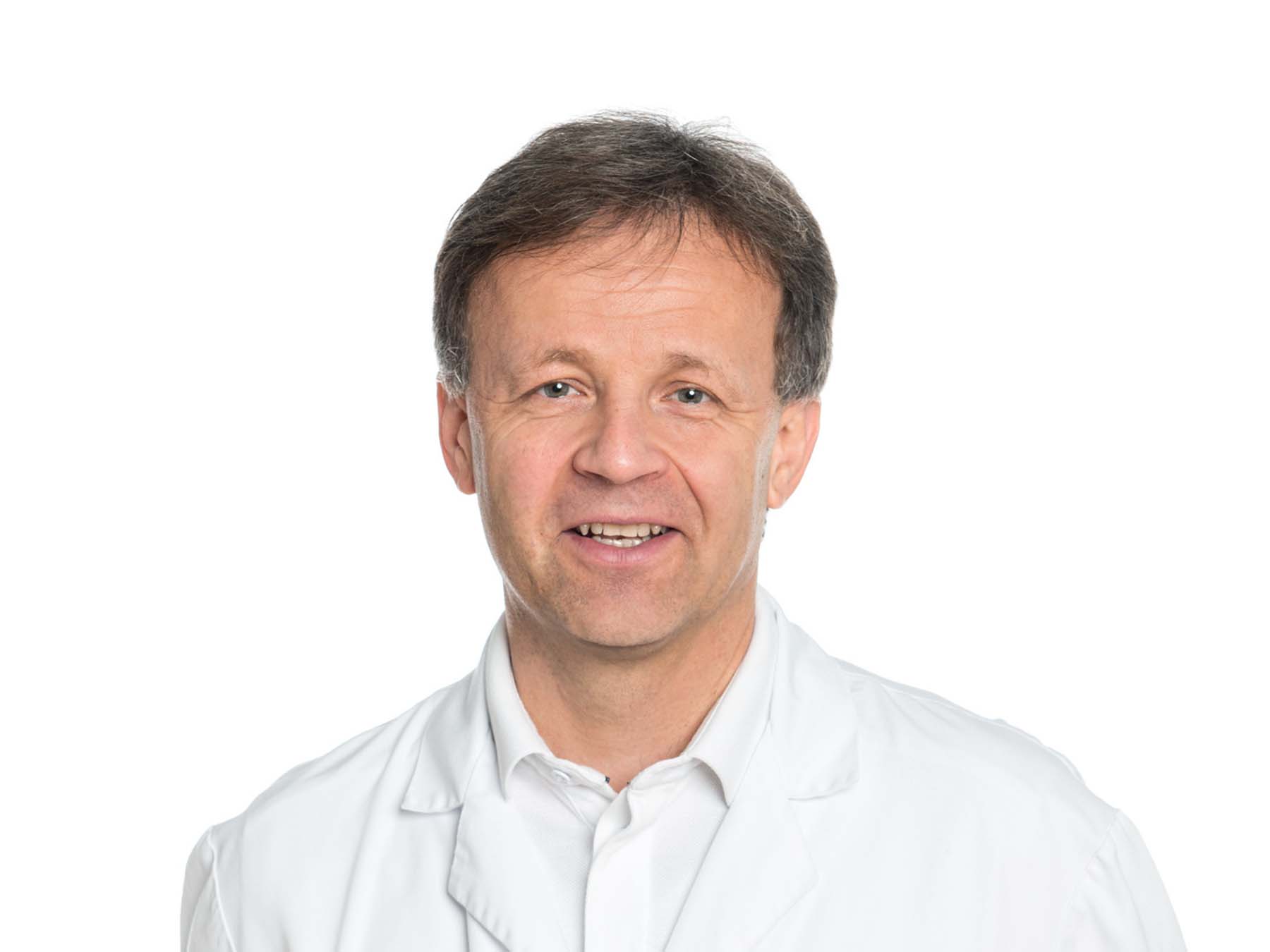Decrease in mortality from rare side effect
A large-scale international study co-led by Inselspital and the University of Bern investigated the very rare adverse cerebral venous occlusion (sinus venous thrombosis) after administration of the Oxford-AstraZeneca and Janssen/Johnson&Johnson vaccines. Neither vaccine has been used in Switzerland to date. The mortality rate due to this complication decreased from 61% to 42% after the mechanism of its onset was clarified in spring 2021.
In very rare cases, a deficiency of blood platelets (thrombocytes) and at the same time a tendency to form thromboses (clustering of the platelets) increases after vaccination with SARS-CoV-2 vaccines from Oxford-AstraZeneca and Janssen/Johnson&Johnson. The most common of these are cerebral venous thromboses (sinus venous thromboses). When this phenomenon was newly discovered, the high mortality rate was the first thing that attracted attention. The global study led by the University Medical Center (UMC) Amsterdam and the Stroke Center at Inselspital, University Hospital Bern investigated the characteristics and mortality of different subsets of patients who experienced sinus venous thrombosis after vaccination with the two vaccines mentioned above. The study results are of interest to Switzerland, where vaccination with the Janssen/Johnson&Johnson product will soon be available.
Platelet deficiency (thrombocytopenia) with fatal outcome
Of the 116 patients in the study, 78 (76 of them after AstraZeneca vaccine) had cerebral venous thrombosis with thrombocytopenia. When admitted to the hospital, these patients were particularly likely to be comatose (24%), have cerebral hemorrhage (68%) and have concomitant thrombosis. Nearly half of these patients died during hospitalization.
The study showed that those patients who had a decrease in platelet concentration after vaccination often experienced severe progression of the complication. In other words, patients with thrombocytopenia (platelet deficiency) differed significantly from the other patients with cerebral venous thrombosis after vaccination.
Mortality rate reduced with adapted therapies
Evidence had emerged early on that the combination of platelet deficiency and thrombosis after vaccination with the two aforementioned vaccines constituted a special and very rare group of patients. Antibodies targeting the platelet factor PF4 were recognized early on as an important factor in platelet clustering resulting in thrombocytopenia. Since then, targeted therapies have been used such as immunoglobulins and plasma exchange (therapeutic plasmapheresis). The current study found that since this finding, and because of appropriately adapted therapies, mortality after cerebral venous thrombosis in platelet-deficient patients has fallen from 61% to 42%. Recent unpublished data and a previously published British study point in the same direction and show a further significant reduction in mortality.
About the methodology of the study
Research on very rare adverse events is challenging. Cases are distributed over a large area in numerous health centers, and comparability of decentrally-generated protocols must first be ensured with standardized forms. Because of the rarity of the complications, most centers have only one or no patients. For the present study, data from 81 hospitals in 19 countries were compiled in a prospective web-based registry. Switzerland contributed patients in the control group. The World Stroke Organization, the European Academy of Neurology and the European Stroke Organisation supported the study. A total of 116 cases of sinus venous thrombosis after SARS-CoV-2 vaccination were analyzed worldwide. Seventy-eight individuals developed thrombosis with thrombocytopenia. Of these, 76 had received the Oxford/AstraZeneca vaccine. No cases were reported in Switzerland. The control group included 207 individuals who had previously experienced sinus venous thrombosis without vaccination. Also excluded were persons who required an anticoagulant (heparin), since sinus venous thrombosis with thrombocytopenia can also be triggered by heparin.
Identifying vulnerable groups earlier and treating them more successfully
The present study, largest international study on this condition, collected a comprehensive profile of those patients who suffered sinus venous thrombosis after vaccination with the two vaccines mentioned above. Special attention was paid to the group who experienced sinus venous thrombosis with thrombocytopenia. Co-study leader Prof. Dr. med. Marcel Arnold, Chief Physician at the Department of Neurology and head of the Stroke Center explains: “The risk factors for stroke were systematically recorded, as were the clinical findings from the time of admission to the hospital. Thanks to the detailed profile obtained in this way, it may be possible in the future to identify this particularly at-risk group even earlier and thus further reduce mortality with targeted therapies.” The registry will be continued and the authors hope to gain further insights into the long-term prognosis of the condition as well as the best treatment options for patients.
Experts:
- Prof. Dr. med. Marcel Arnold, Chief Physician, Department of Neurology, Head of Stroke Center, Inselspital, Bern University Hospital and University of Bern
- PD Dr. med. Mirjam Heldner, Deputy Head of Neurovascular Outpatient Clinic, Inselspital, Bern University Hospital
- Prof. Dr. med. Johanna Anna Kremer Hovinga, Senior Attending Specialist, Department of Hematology and Central Hematological Laboratory, Inselspital, Bern University Hospital and University of Bern
Insel GruppeInsel Gruppe is Switzerland’s leading group of hospitals for university and integrated medicine. It offers comprehensive health care based on groundbreaking quality, research, innovation and education: in all stages of life, around the clock and in the right place. The six hospitals comprising Insel Gruppe (Inselspital, Aarberg, Belp, Münsingen, Riggisberg and Tiefenau) carry out over 800 000 outpatient consultations and treat about 60 000 in-patients using the latest therapy methods. It provides training for a large number of professions and is an important institution for the further training of young physicians. Insel Gruppe employs a staff of over 11'000 (including students). |
2021/09/28


